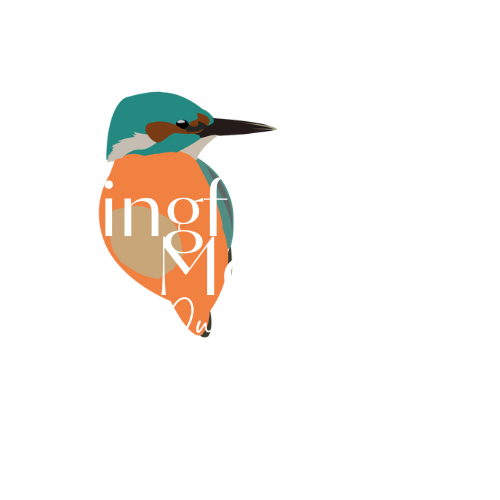My good friend and fellow podcaster Tracy Imm of the Brave Girls podcast recently interviewed Joy Sutton, the Director of Corporate Communications at American Addiction Centers, a leading provider of both residential and outpatient addiction treatment services.
Their conversation got me thinking about addiction and how pervasive it has become in this country, especially to what I call the Big Ones — drugs, alcohol, gambling, etc. Each of these is serious in its own right and can lead to a lot of heartache, pain, and suffering. Thankfully, resources like AAC are available in every major city across the country to help people who are ready to begin their journey of recovery.
Because so much focus is placed on obvious addictions these days, lesser-known but mighty addictions nonetheless can go unnoticed or even unrecognized altogether. I’m referring to micro-addictions many people have that can subtly wreak havoc on their overall quality of life.
5 Micro Addictions that Steal Joy
Take a look at the following list of habits and ask yourself how many of these may be running in the background of your daily experiences, stealing joy from you and the people you love:
1. Complaining — Big complaints aside — traffic, politics, global warming — it’s the micro complaints I’m talking about here. “Oh look. So and so didn’t do the dishes again.” “Oh look. So and so parked in my favorite spot in the lot.” “Oh look. So and so didn’t switch the button back to ice from water on the fridge.” Which on a sidenote raises perhaps a more important question: Is the person complaining about this situation incapable of checking the location of the button themselves?
2. Judging — None of us knows another’s story. Yet how often do we act as if our point of view about life is the only one that matters? As if we’ve got everything figured out? As if we KNOW what’s right for everyone else! When you do a little digging, our complaints are often rooted in jealousy and “less-than” thinking. The next time you catch yourself casting judgment on another, stop and ask yourself what’s really going on in your life that’s driving the judgment in the first place?
3. Dwelling, aka overthinking, aka living in the past — What a colossal waste of time dwelling is! You did something. Something happened. Sometimes what happened was exceptional. Sometimes what happened sucked. Move on. The best way forward is to intentionally take action on something specific. Deliberate and decisive action can be the antidote to a lot of problems. It leads to the future where everything is possible. It moves away from the past, which is fixed and can not be changed.
4. Seeking Validation — Social media has amplified to dizzying heights our brain’s addiction to being liked and recognized. How many of you reading this have honestly felt let down after posting something on social media, only to hear crickets? Ya, me too. Ernest Hemingway once noted that if you’re going to enjoy the good things people say about you, you also have to enjoy the bad things. My take on this is — If you’re truly doing work that matters, who cares if everyone or no one liked your latest post about your amazing turkey sandwich?
5. Indecision — In the song “Free Will” by the rock band Rush, they sing: “If you choose not to decide, You still have made a choice …” This isn’t about taking the necessary breaks we all need now and then. It’s about recognizing when we’re saying, “I’m going to sit this one out” more often than “I’m playing the game even if it’s not perfect, even if I lose.” Indecision is a decision. And it’s a habit too many have. Time is moving along. Just like a river. Which is why so many poets and songwriters use rivers as symbols in their songs about life. Poets and songwriters tend to be tuned in to things that matter.
Different Habits = Different Results
As with any habit, recovery begins with awareness. There’s no way around it. If you want different results, you have to take a different approach. I’m not advocating navel-gazing for months on end. But some inner-reflection is necessary to identify the habit and then work toward building new behaviors to change it from destructive to constructive.
Writing is one of the most effective ways to discover and then develop new habits. I recently created a simple tool to assist people who want to break free from emotional habits and focus their energy on doing work that matters. It’s called The Jealousy Journal and you can get it here.
Life’s too short to be entangled inside a web of invisible emotional habits like complaining, judging, and dwelling. Pay attention to when you engage with any of these micro-addictions and then flip the switch on them.
Your quality of life will thank you for it.
